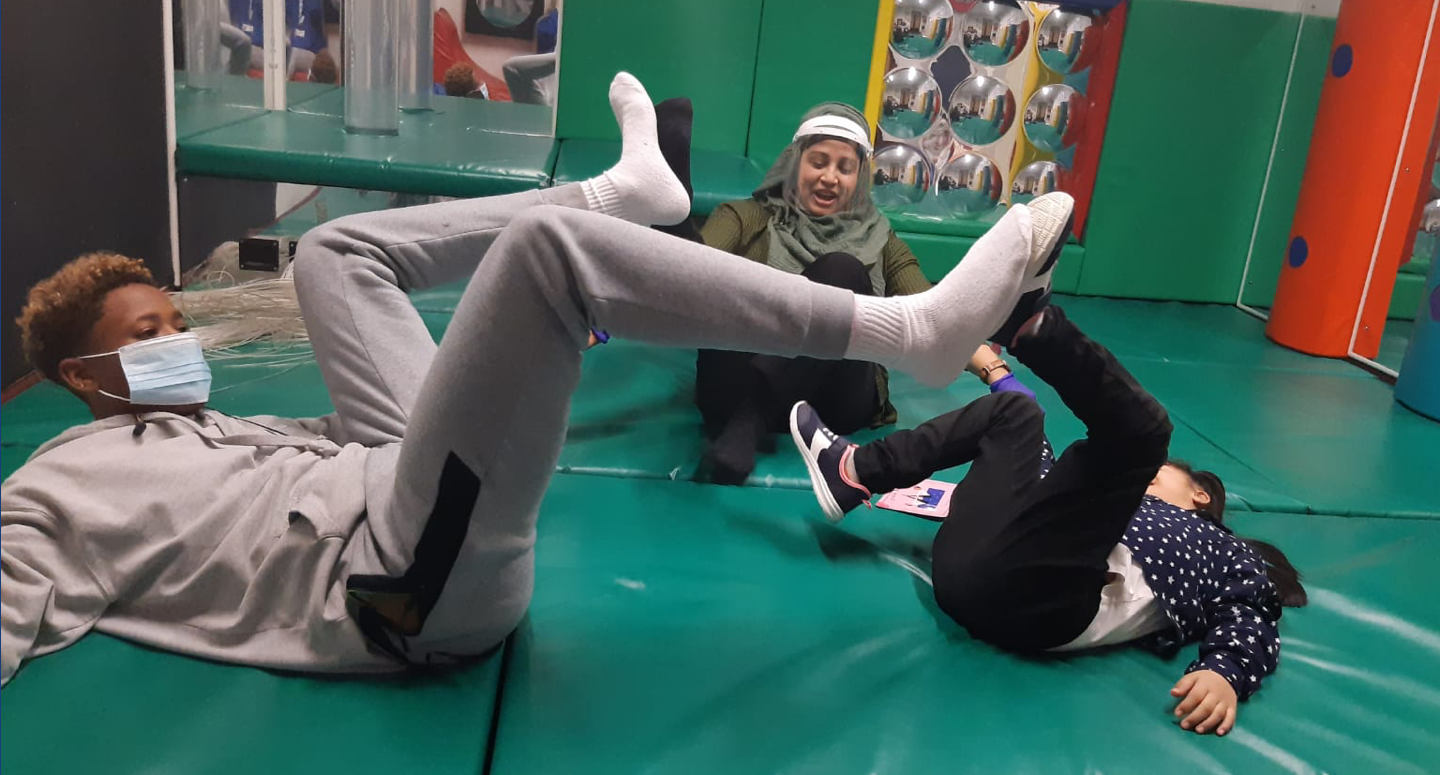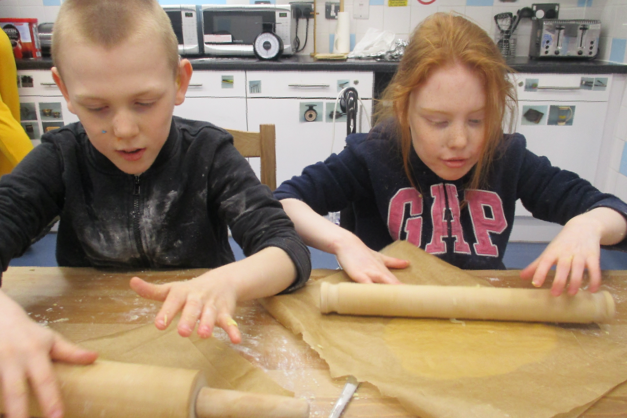By KS4 children have learned the key principles of adult language and are continuing to hone their verbal ability through academic learning and interpersonal interaction. You may notice children at this age become a more engaging storyteller, have improved listening skills and aren’t afraid to ask for clarification on topics they don’t understand.
KS4 children are also able to follow more complex instructions, adapt their register depending on who they’re talking to, and use language to emotionally regulate. It’s natural at this age for children to become more forthcoming with their feelings and to share personal anecdotes without being prompted.






